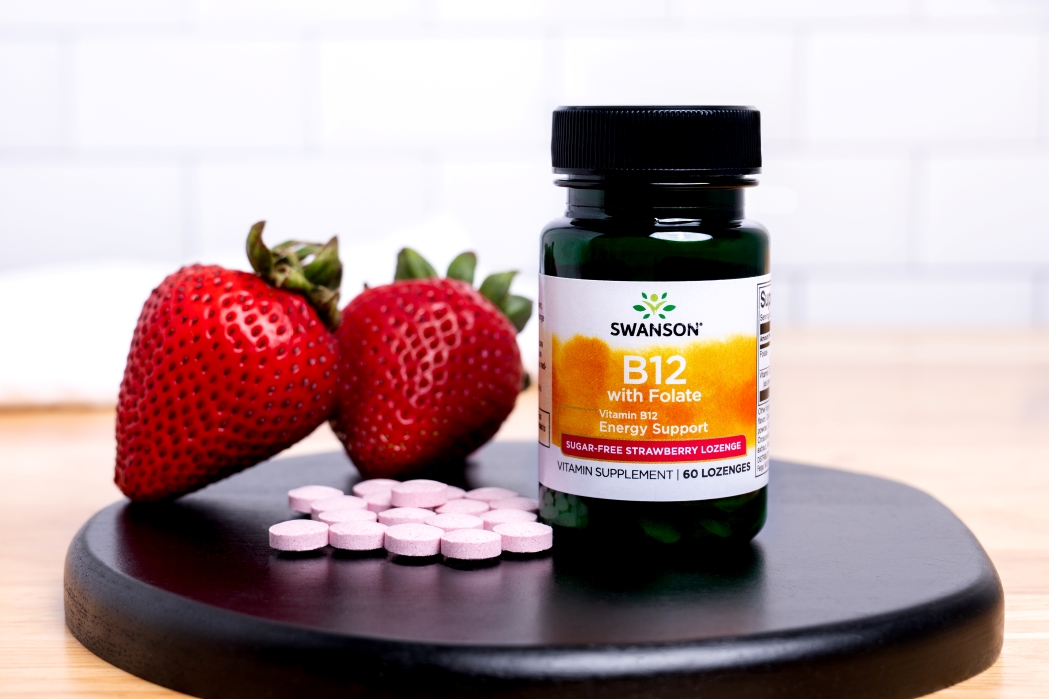Vitamin B12 Health Benefits: Boost your energy levels

How Vitamin B12 Supports Energy Production
Vitamin B12 plays a crucial role in supporting energy production within the body. It is an essential nutrient involved in the metabolism of macronutrients, including carbohydrates, proteins, and fats. B12 aids in the breakdown of carbohydrates into glucose, the primary source of fuel for our cells. This process, known as glycolysis, takes place in the mitochondria of our cells and is essential for energy production. By assisting in the metabolism of macronutrients, B12 ensures that the body efficiently converts food into usable energy. Furthermore, B12 helps maintain the health of red blood cells, which are responsible for carrying oxygen to our tissues and organs. Sufficient B12 levels are essential for optimal energy production and overall vitality.
Benefits of Vitamin B12 for Combating Fatigue and Weakness
One of the significant benefits of Vitamin B12 is its ability to combat fatigue and weakness. Fatigue is a common symptom associated with B12 deficiency. When B12 levels are inadequate, the body's ability to produce energy is compromised, leading to feelings of tiredness and weakness. By replenishing B12 levels, individuals may experience increased energy levels and reduced fatigue. B12 supports the formation of healthy red blood cells, which are responsible for delivering oxygen to the body's tissues. Improved oxygenation enhances energy metabolism, helping individuals feel more alert and energetic. Additionally, B12 aids in the production of neurotransmitters, such as serotonin and dopamine, which play a role in mood regulation. By supporting neurotransmitter synthesis, B12 may positively influence mood and overall well-being, further contributing to increased energy levels.
When it comes to enhancing energy levels, ensuring an adequate intake of Vitamin B12 is essential. The recommended dosage of B12 may vary based on factors such as age, gender, and individual needs. In the United Kingdom, the National Health Service (NHS) advises that adults aged 19 to 64 should aim for a daily intake of about 1.5 micrograms (μg) of vitamin B12. Pregnant and breastfeeding women have slightly higher requirements, with a recommended intake of 1.8 μg per day. It's worth noting that the body's ability to absorb B12 decreases with age, so older adults may require higher doses or supplementation. Vegetarians and vegans are also at risk of B12 deficiency since plant-based sources are limited. In such cases, it is recommended to consult with a healthcare professional or a registered dietitian who can assess individual needs and provide appropriate guidance on B12 supplementation to enhance energy levels effectively.
References
National Health Service (NHS). (2022). Vitamins and Minerals - B vitamins and folic acid. Retrieved from https://www.nhs.uk/conditions/vitamins-and-minerals/vitamin-b/
British Dietetic Association (BDA). (2019). Food Fact Sheet - Vitamin B12. Retrieved from https://www.bda.uk.com/resource/vitamin-b12.html
Office of Dietary Supplements - National Institutes of Health. (2021). Vitamin B12 Fact Sheet for Health Professionals. Retrieved from https://ods.od.nih.gov/factsheets/VitaminB12-HealthProfessional/
Wolters, M., Strohle, A., & Hahn, A. (2019). Cobalamin: A critical vitamin in the elderly. Preventive Medicine, 49(2-3), 78-84.















